Bendōwa: The heart of Dōgen’s Zen
Bendōwa (談道和), often translated as “Negotiating the Way” or “On the Endeavor of the Way”, is one of Dōgen Zenji’s earliest and most foundational works. Written shortly after his return from China in 1231, it serves both as a manifesto for his understanding of Zen practice and as a defense of zazen (seated meditation) as the central expression of Buddhist realization. Through a series of short essays and question-and-answer exchanges, Dōgen outlines key themes that will underpin his later teachings, such as practice-enlightenment, the universality of Buddha-nature, and the immediacy of awakening.
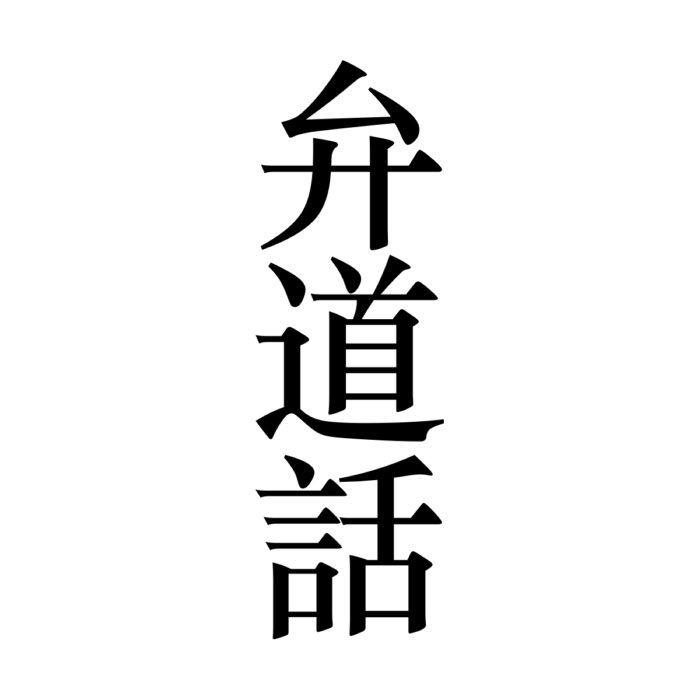
The kanji 談道和, reading bendōwa, means “discussing the harmony of the Way.” The first character, 談 (ben), means “to discuss” or “to talk about”. The second character, 道 (dō), means “the Way” or “the path”, often referring to the Buddhist path. The third character, 和 (wa), means “harmony” or “peace”. Together, they convey the idea of discussing or exploring the harmonious nature of the Buddhist path.
Historical context
Upon returning from China, Dōgen encountered a Japanese Buddhist landscape dominated by ritualism, syncretism, and Pure Land devotionalism. In this context, he sought to articulate a return to authentic, experiential practice grounded in the living activity of meditation. Bendōwa can be seen as his attempt to present and justify this vision to an audience unfamiliar or skeptical of “just sitting” (shikantaza, 只座).
Key themes in Bendōwa
Before listing the core ideas that Bendōwa develops, it is important to remember that Dōgen’s style in this foundational text is anything but abstract or systematic. Rather than laying out a dry philosophical argument, he moves with a living, dialogical energy: weaving together poetic images, direct exhortation, and a lively question-and-answer structure. Reading Bendōwa in the original reveals not just a catalogue of Zen doctrines, but an experience of Dōgen’s voice as it responds, encourages, and sometimes challenges the reader in real time.
Much of what follows can only ever be a summary. The full spirit of Dōgen’s teaching can truly be felt only in his own words, in the flow of question and response, and in the vibrant metaphors through which he points beyond conceptual understanding. What is presented here is an overview of the principal themes, with the recognition that the essence of Bendōwa is best encountered through direct engagement with Dōgen’s text.
Practice-enlightenment as unity
One of Bendōwa’s central and revolutionary claims is that practice and enlightenment are not two separate or sequential stages but one unified and inseparable reality. Dōgen insists that the very act of practicing zazen, when performed with complete sincerity, non-striving, and abandonment of any gaining idea, constitutes the full realization of enlightenment itself. It is not that practice leads to enlightenment over time; rather, genuine practice is the embodiment and enactment of awakening in the present moment.
“Only those outside the Way believe that practice and realization are two things. In the Buddha-Dharma, practice and realization are not two. Practice now is exactly realization, and therefore, even the beginner’s striving in zazen is the whole of the original realization.”
– (Bendōwa)
This radical view dismantles traditional teleological models of spiritual progression and places the transformative power of the Dharma directly within immediate, lived experience. Dōgen writes:
“Because practice is already realization, realization never has any end; and because realization is practice, practice has no beginning.”
– (Bendōwa)
This insight anticipates Dōgen’s later, more expansive elaborations in works like the Shōbōgenzō, and it underpins the entire ethos of Sōtō Zen, a tradition grounded not in striving for attainment but in realizing Buddha-nature through the wholehearted sincerity of each act of practice.
The universal possession of Buddha-Nature
Dōgen affirms that all beings inherently possess Buddha-nature (佛性, busshō), an intrinsic capacity for awakening that permeates the entire fabric of existence. Practice, therefore, is not about acquiring or attaining something extrinsic or foreign to one’s true nature; rather, it is the expression, unveiling, and actualization of what is already fundamentally present within all sentient beings.
As Dōgen writes:
“Everyone abundantly possesses the Dharma, but unless it is practiced, the Dharma cannot reveal itself; unless it is experienced by oneself, it cannot be realized.”
– (Bendōwa)
However, this inherent potential remains dormant or obscured unless it is brought forth through sincere, disciplined engagement in practice, most crucially through the practice of zazen. Without active, wholehearted participation in the Way, Buddha-nature remains unmanifest, like a mirror covered in dust. Thus, for Dōgen, genuine practice is essential not to create Buddha-nature, but to realize and embody it fully within lived experience.
Zazen as the supreme and complete practice
Dōgen emphasizes that zazen is not a preparatory step, a supportive technique, or a preliminary training for a later enlightenment. Rather, zazen is the complete, immediate enactment of the Buddha’s teaching here and now. Each moment of genuine sitting fully expresses awakening, requiring no additional stages or external confirmations. Zazen is not engaged with the expectation of achieving a future result; it is the total manifestation of the Way in and of itself.
As Dōgen writes:
“After meeting a true teacher, there is no need to burn incense, prostrate, recite the Buddha’s name, confess, or read sutras. Just sit upright, dropping off body and mind. If even for a single moment you sit upright in samadhi, then in that moment you manifest the Buddha’s posture in your body, speech, and mind, and the entire Dharma-world takes on this posture.”
– (Bendōwa)
Dōgen firmly refutes the notion that elaborate rituals, scholastic study, or devotional practices, though sometimes beneficial, can substitute for direct meditative engagement. He criticizes reliance on external forms or intellectual understanding if they divert attention from the experiential realization that arises only through wholehearted sitting.
He writes:
“Those who endlessly recite are like frogs sitting in the rice paddies croaking all day and night in the spring. In the end, it is all meaningless.”
– (Bendōwa)
Zazen, in Dōgen’s view, is the “Dharma gate of joyful ease” (機極心極, jijuyu zanmai), a serene and self-fulfilling absorption in which body and mind naturally “drop away” (身心脱落, shinjin datsuraku). In this state, the practitioner ceases grasping and resisting, merging effortlessly with the dynamic unfolding of reality. Through sincere, non-striving sitting, the practitioner embodies the unity of practice and realization, allowing the inherent Buddha-nature to manifest without obstruction.
As Dōgen expresses:
“In silent sitting, without any deliberate effort, there is just the direct experience of reality beyond all concepts. The one practicing zazen truly drops off body and mind, shakes off all the impure thoughts and views accumulated over long ages, and thus naturally realizes and understands the pure Buddha-dharma.”
– (Bendōwa)
Responding to common misunderstandings
In the question-and-answer section, Dōgen systematically anticipates and addresses a variety of potential objections and misunderstandings that his contemporaries or skeptical readers might raise. Among the most pressing concerns he tackles are:
- Why is diligent practice necessary if all beings already inherently possess Buddha-nature? Should realization not occur naturally without effort?
- Is rigorous *zazen* practice still meaningful and effective in the current degenerate age known as the “Decline of the Dharma” (mappō)?
- How does Dōgen’s teaching fundamentally differ from other existing schools, such as the scholastic approach of Tendai or the vigorous kōan-centered methods of Rinzai Zen?
Through clear and uncompromising arguments, Dōgen dismantles misconceptions rooted in passivity, fatalism, or superficial doctrinal familiarity. He insists that Buddha-nature must be actively realized through wholehearted practice; that zazen retains its timeless efficacy regardless of historical conditions; and that his approach, grounded in direct meditative realization, offers a profound corrective to both overly intellectualized and overly effort-driven religious models. In doing so, he reiterates the primacy of direct, sincere engagement with the Way as the heart of authentic Buddhist life.
As Dōgen emphasizes:
“Even if one possesses the Dharma in abundance, unless it is practiced, the Dharma cannot be revealed; unless it is realized personally, it cannot be understood. Opening the hands, they are already full of Dharma.”
– (Bendōwa)
On the efficacy of zazen in any era, Dōgen writes:
“In the true teaching of the Mahāyāna, there is no distinction between true, imitated, and last Dharma; all who practice zazen enter the truth. Just as when you use water you know for yourself whether it is hot or cold, so too those who practice naturally realize whether or not they are experiencing the Way.”
– (Bendōwa)
And concerning the contrast with other Buddhist schools:
“Buddhists do not debate the superiority or inferiority of teachings, nor do they distinguish between shallow and deep in the Dharma. What matters is whether the practice is genuine or not.”
– (Bendōwa)
Philosophical implications
Bendōwa sets the stage for Dōgen’s lifelong project: to articulate a vision of Buddhism that rejects dualism between practice and realization, theory and experience, sacred and mundane. His insistence on zazen as the complete embodiment of enlightenment reflects a radical shift from conventional models that view practice as a linear progression toward a future goal.
“(Merely) dividing practice and realization, as cause and effect, according to ordinary ways of thinking, is not in accordance with the principle of direct experience that is beyond delusive feelings.”
– (Bendōwa)
Compared to other Buddhist traditions that stress devotional recitation (e.g., Pure Land) or intricate doctrinal study (e.g., Tendai scholasticism), Dōgen’s focus on direct experiential realization through zazen offers a unique immediacy and simplicity.
“Buddhists do not debate the superiority or inferiority of teachings, nor do they distinguish between shallow and deep in the Dharma. What matters is whether the practice is genuine or not.”
– (Bendōwa)
Interestingly, Dōgen’s understanding also invites comparison with Western existentialist and phenomenological thought, particularly the emphasis on lived, embodied experience, though Dōgen avoids the existential isolation often present in Western models by rooting experience in non-duality and universal Buddha-nature.
“In silent sitting, without any deliberate effort, there is just the direct experience of reality beyond all concepts. The one practicing zazen truly drops off body and mind, shakes off all the impure thoughts and views accumulated over long ages, and thus naturally realizes and understands the pure Buddha-dharma.”
– (Bendōwa)
Conclusion
Bendōwa establishes a pivotal foundation for understanding Dōgen’s Zen as a direct and non-dual path centered on the wholehearted practice of zazen. It articulates the inseparability of practice and enlightenment, affirms the inherent Buddha-nature of all beings, and highlights the immediacy of realization within everyday life. Dōgen’s rejection of teleological models — where practice is a means toward a future enlightenment — marks a significant shift within Buddhist thought.
Critically, Dōgen’s emphasis on immediate experiential practice sets Sōtō Zen apart from other Buddhist traditions such as Pure Land, which emphasizes faith in external salvation, or Tendai, which often stresses intricate doctrinal mastery. Unlike the often goal-oriented kōan practice found in Rinzai Zen, Dōgen frames zazen itself as complete and sufficient. Compared to Western existentialist or phenomenological philosophies, which similarly emphasize lived experience, Dōgen’s thought avoids the pitfalls of isolation or meaninglessness by grounding human existence in compassionate non-duality.
Zen Buddhism, as portrayed in Bendōwa, offers a coherent, radical alternative: rather than seeking transcendence elsewhere or accumulating esoteric knowledge, it invites practitioners to realize awakening through the simplicity of sitting, fully present within the ceaseless flow of life itself.
“If even for a single moment you sit upright in zazen and realize the Buddha’s posture, then all things throughout the universe become the Buddha’s posture. … The merit of zazen can neither be measured nor exhausted — even if all the Buddhas of the ten directions tried to fathom it, they could never reach its limit.”
– (Bendōwa)
References and further reading
- Oliver Bottini, Das große O.-W.-Barth-Buch des Zen, 2002, Barth im Scherz-Verl, ISBN: 9783502611042
- Heinrich Dumoulin, Geschichte des Zen-Buddhismus, Band 1+2, 2019, 2., durchgesehene und erweiterte Auflage, Francke A. Verlag, ISBN: 9783772085161
- Hans-Günter Wagner, Buddhismus in China: Von den Anfängen bis in die Gegenwart, 2020, Matthes & Seitz Berlin, ISBN: 978-3957578440
- Jr. Buswell, Robert E., Jr. Lopez, Donald S., Juhn Ahn, J. Wayne Bass, William Chu, The Princeton dictionary of Buddhism, 2014, Princeton University Press, ISBN: 978-0-691-15786-3
- Oliver Freiberger, Christoph Kleine, Buddhismus - Handbuch und kritische Einführung, 2011, Vandenhoeck & Ruprecht, ISBN: 9783525500040
- Dogen Zenji, Shobogenzo – Die Schatzkammer des wahren Dharma-Auges, 4 Bände, 2013, Verlage: Kristkeitz Werner, Übersetzung: Ritsunen Gabriele Linnebach, Gudo Wafu Nishijima, ISBN: 9783921508909
- Dogen Zenji, Unterweisungen zum wahren Buddha-Weg. Shobogenzo Zuimonki (2011), Verlage: Kristkeitz Werner, ISBN: 9783932337680
- Dogen Zenji, Hōkyōki, 2020, Angkor Verlag, Übersetzung: Guido Keller, Taro Yamada, Hidesama Iwamoto, ISBN: 9783943839821
- Dogen Zenji (Autor), Guido Keller (Übersetzer), Taro Yamada (Übersetzer), Eihei Shingi - Regeln für die Zen-Gemeinschaft, 2022, BoD – Books on Demand, ISBN: 9783988040008
- Dogen Zenji (Autor), Guido Keller (Übersetzer), Eihei Kôroku, 2017, Angkor Verlag, ISBN: 9783936018936
- Shohaku Okumura, Die Verwirklichung der Wirklichkeit - «Genjokoan» - der Schlüssel zu Dogen-Zenjis Shobogenzo, 2014, Kristkeitz, ISBN: 9783932337604
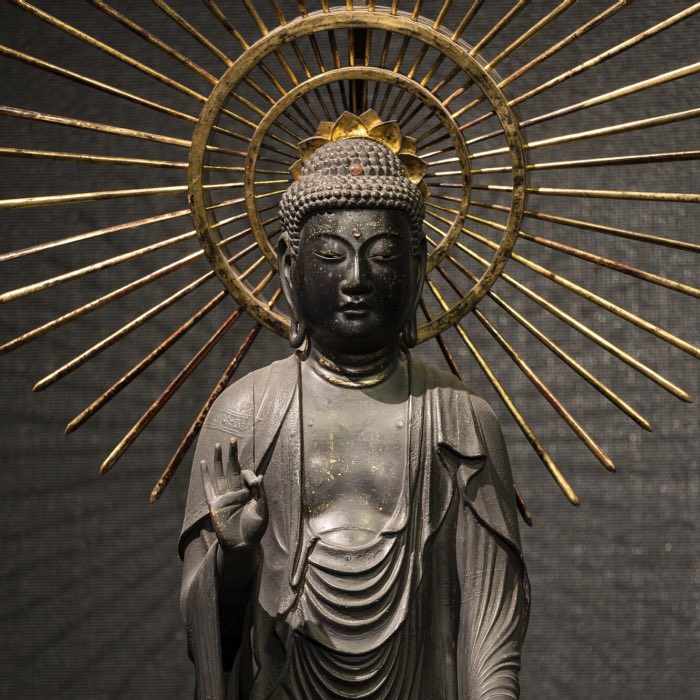
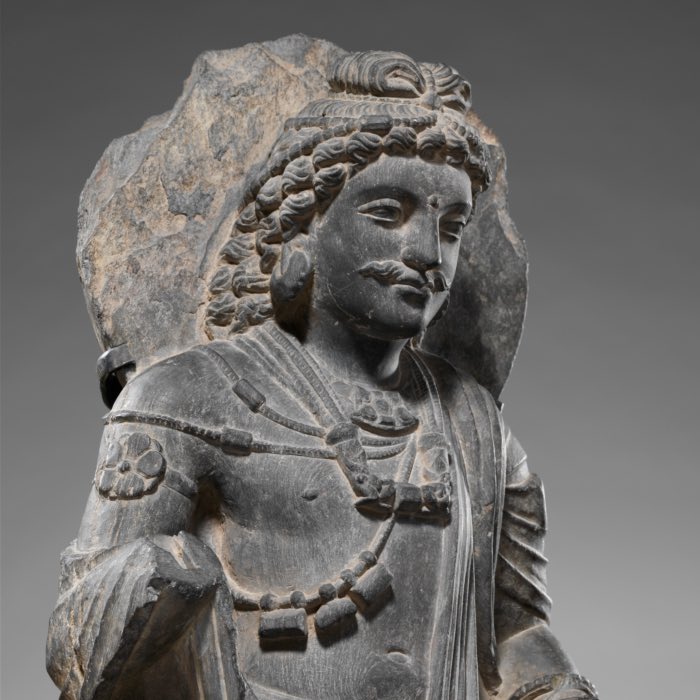
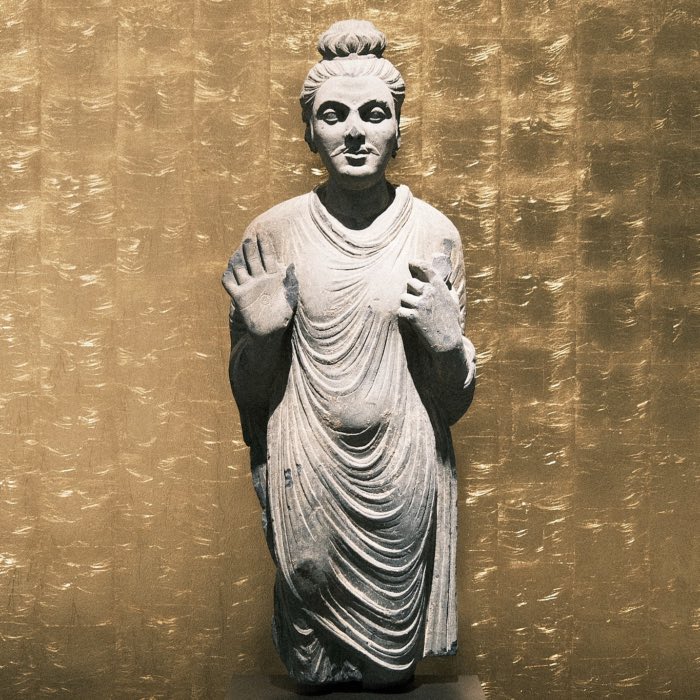
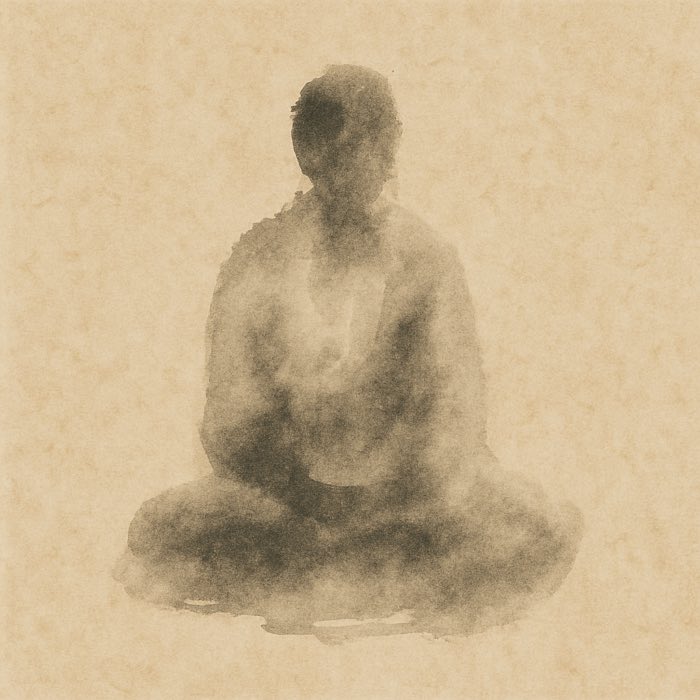
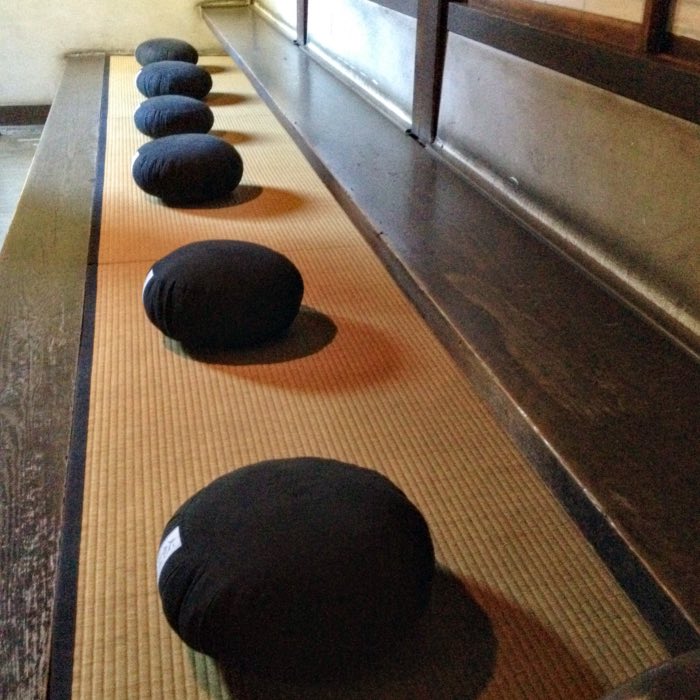
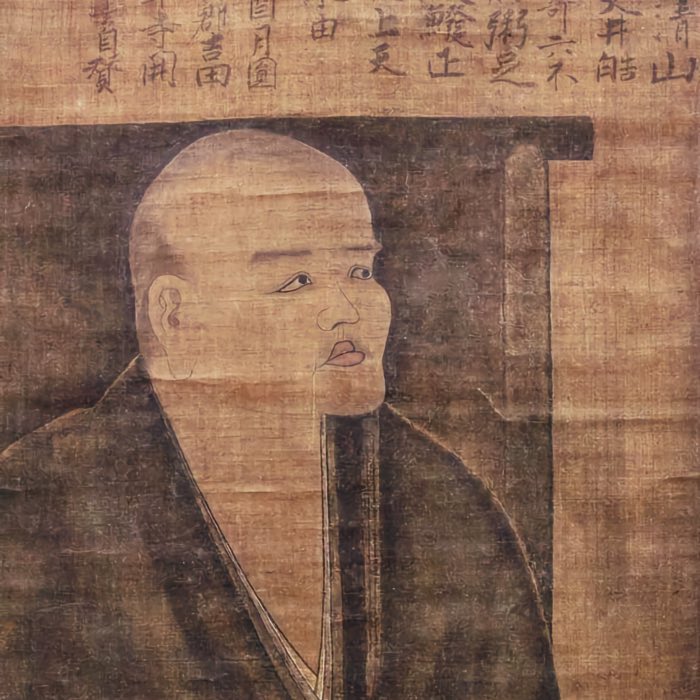

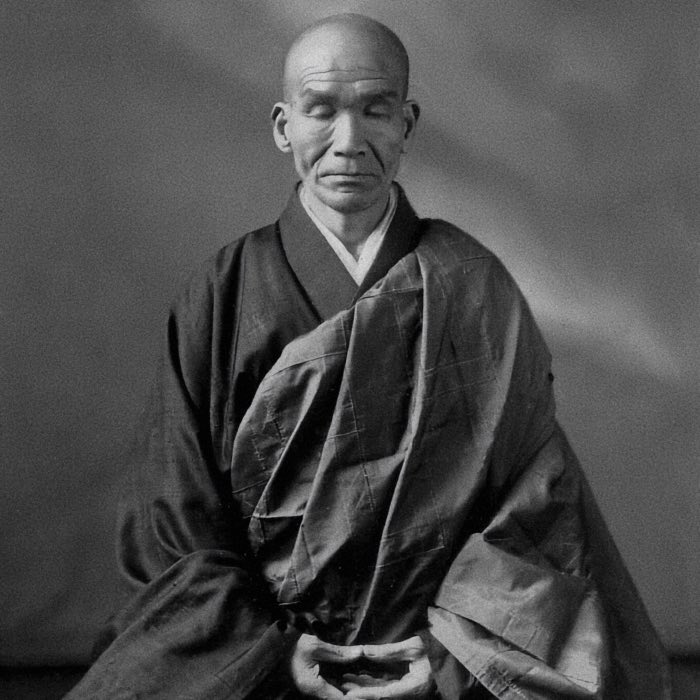


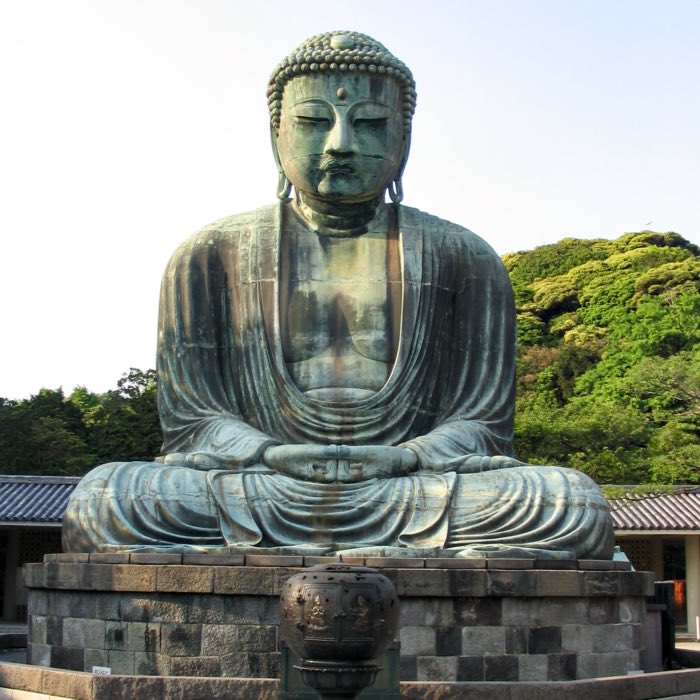
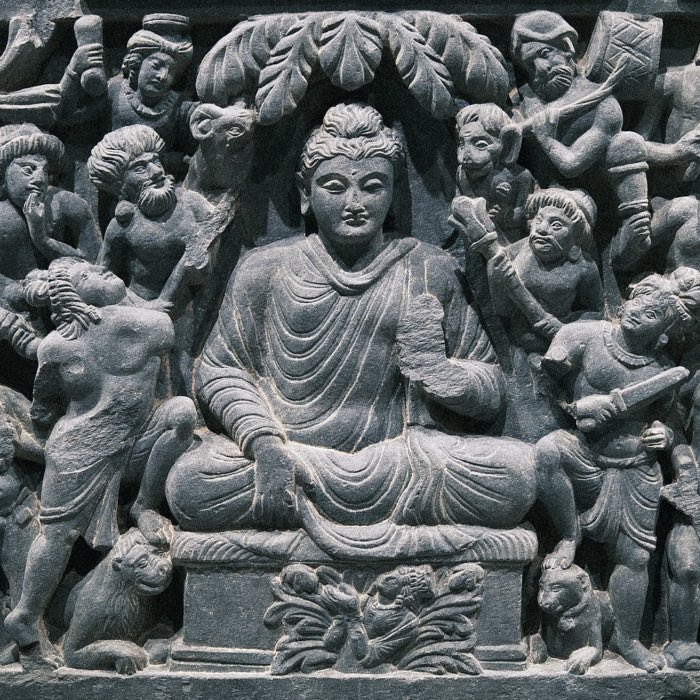

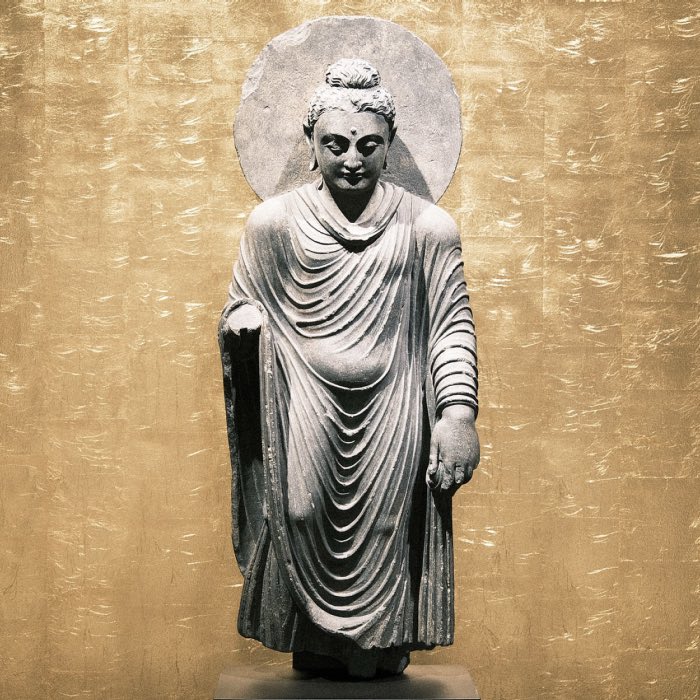
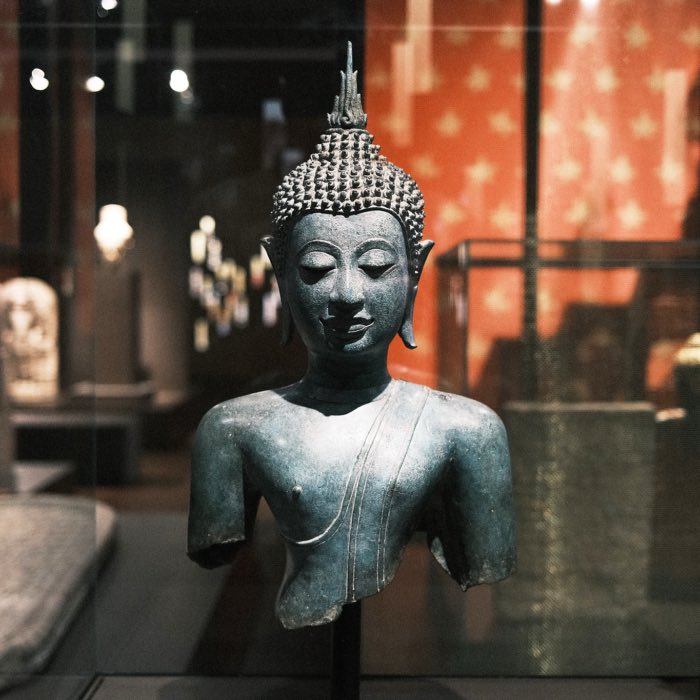
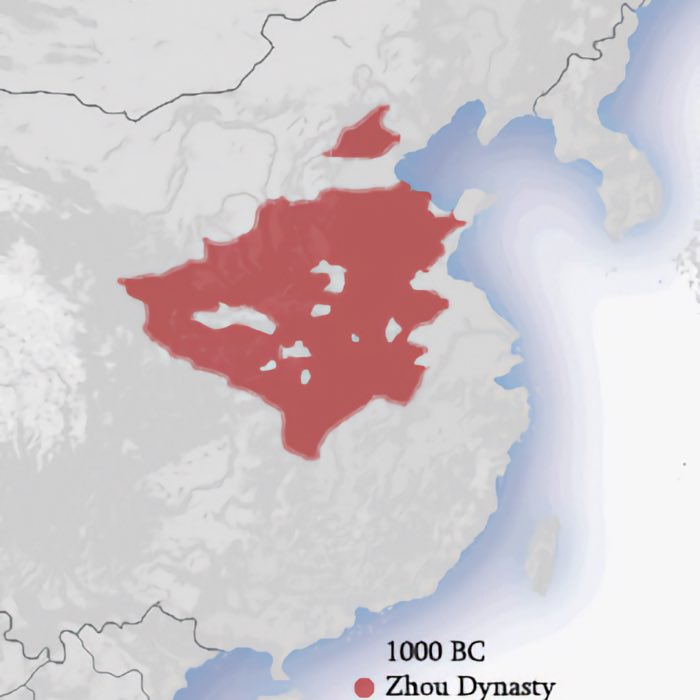
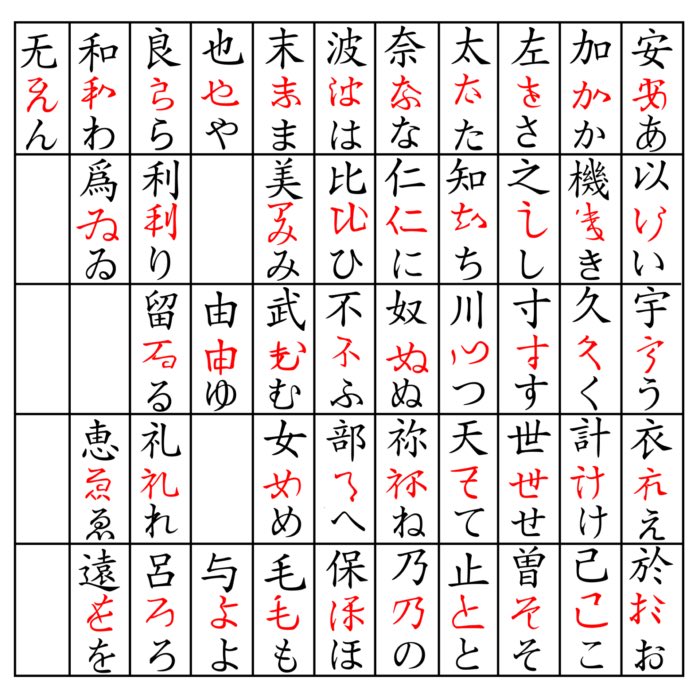
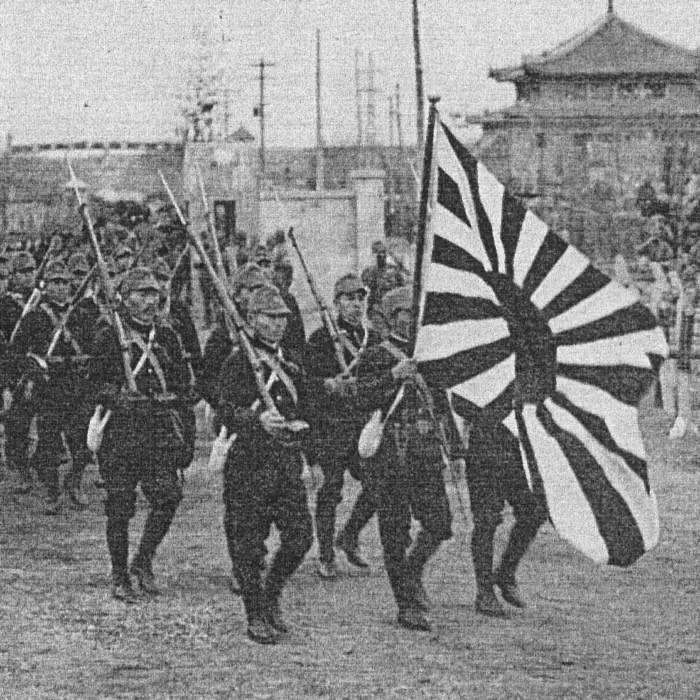







comments